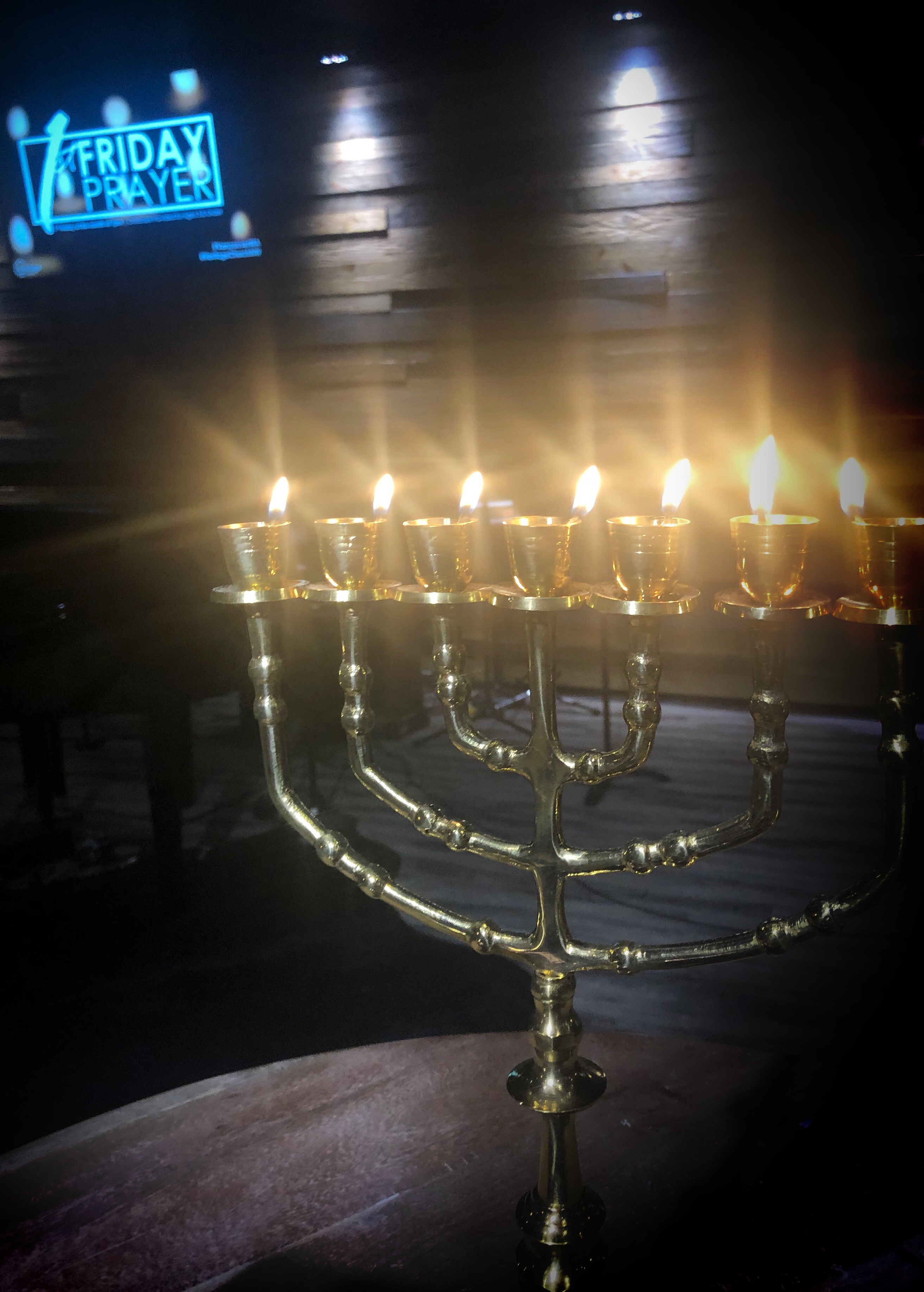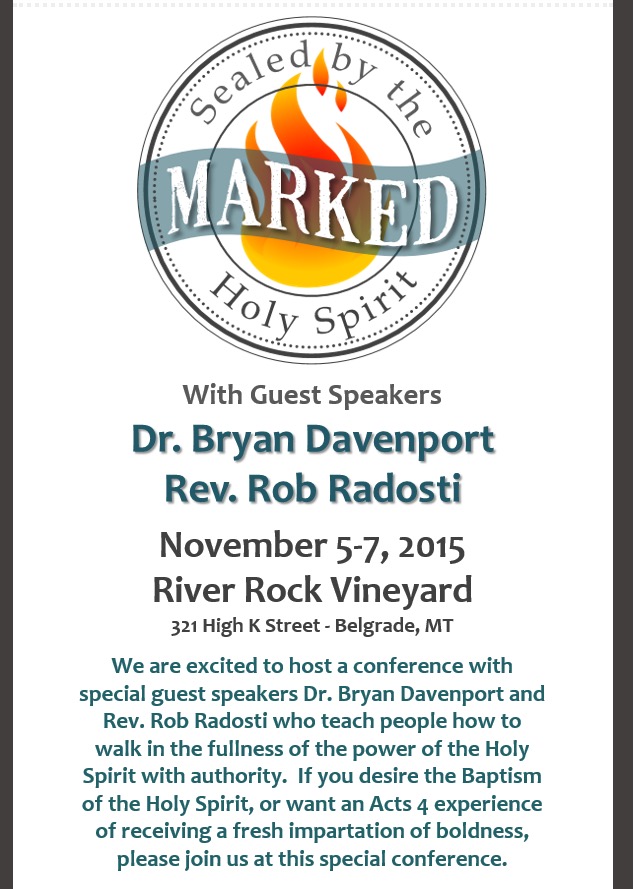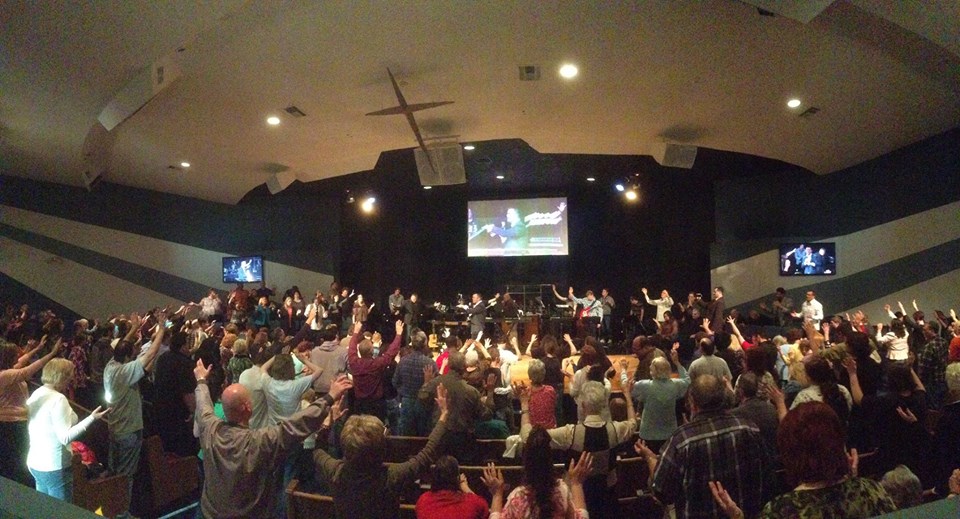
On one occasion, after His resurrection and during the season prior to His ascension, Jesus was meeting with His disciples and He gave them this command, “Do not leave Jerusalem, but wait for the gift my Father promised, which you have heard me speak about. For John baptized with water, but in a few days you will be baptized with the Holy Spirit” (Acts 1:4-5). I would like to lean into the brief imperative in verse four, where Jesus says, “Wait for the gift promised by my Father.”
This phrase told them three things: what was coming, where it was coming from, and what they should do.
What was coming was the Gift, the Promise, the Holy Spirit of whom Jesus had told them (some of which “telling” we have record particularly in John’s Gospel, chapters 14-16, but I posit that after His resurrection Jesus spoke more of the Promised Spirit).
He, The Spirit, was coming as a gift from The Father. Wow. Just really: wow. The Holy Spirit is The Promised Gift from our Heavenly Father. He’s not just A gift, He’s The Gift. He’s not a bonus, an extra, an option, an ancillary or an elective. He’s the very “thing” (it pains me to use impersonal nouns in reference to the Spirit – I use them metaphorically only) – the very thing that Heaven yearns to give. He is the final expression of the vibrant, brilliant love of God to us: the Promised Holy Spirit. This gift is what Jesus paid for, prayed for and triumphantly poured out (Acts 2:33).
And they were to wait. Wait. Not beg, and not earn, but wait. The word wait is a compound word that stretched-out could be understood as “to abide concerning,” or “to wait with purpose.” They weren’t just biding time or punching a clock; they were focusing their attention, their affection, as well as their time on anticipating the arrival of the Promise. Of course we know from hindsight that their waiting was necessary until the fulfillment of prophetic timeline. There is no indication, however, that the disciples had idea when the promise was coming. They just kept waiting. A day went by, and two, and three. They continued to meet together in anticipation for ten days.
I sincerely believe that this period of waiting had far more effect on them than on heaven. They weren’t asking (that we know of) for the Holy Spirit to be poured out. Jesus had already told them He’d prayed for that already. Jesus in no way exhorted them to pray for the promise – rather He gave them assurance the Promise was coming. So their waiting would, I think, have affected them. It would have crystallized the significance and import of this Promise. I think, even, that their waiting would have cultivated a hunger, desire, and appreciation for this Promise.
If they did this – waited in expectation, waited in submission, waited in worship, waited in prioritization… only knowing a promise and a portion of what was to come – what of us? We know what happened. We know Who came. We know what effect He had. We know that those in that room were never, ever the same after His coming. Further, we know that the church was never the same, nor was the world. Everything thing changed when the Comforter came. We know the testimony of fulfillment; we know the explosion of power.
And we, you and I, have the same promise. If they waited, why not us, and how much more us? No, we are not waiting for Him to come – for He already has. Our waiting does not bring Him – but neither did theirs. Their waiting affected them, and so will ours.
How might we posture ourselves toward the promise of the Spirit? Even and ESPECIALLY those who have drunk from His fountain? Even and especially those who have been warmed by His fire? Even and especially those who have felt the blessed bliss of His presence? Even and especially those who have seen and heard of His magnificent power? Might we also wait? Might we also set aside distraction? Might we also submit? Might we also wait in reverent wonder and gratitude? Might we also wait?
For we do not wait like those waiting for something that is not. We wait like those who stand before the magnitude of something that is. We wait like those basking under the radiance of the noon-day sun. We wait like those who with open mouths stand beneath the spring rains. We wait like those who linger over the extravagant fragrance of the finest rose. We wait like those who lay quietly near the serenading sounds of ocean tides. We do not wait in the valley of lack, but in the sea of abundance.
We do not wait with worry. We do not wait without assurance. We do not wait in hopes that time will pass quickly.
We wait with wonder. We wait with boldness. We wait in hopes that time will NOT pass quickly – so that nothing might pull us away from the pristine awareness of His blessed outpouring.
Our waiting is not confined to a room, or a building, or a city.
Our waiting is practiced wherever our hearts and minds are willing. Our waiting is shared, multiplied, intensified when we wait together.
And so – we wait. We wait upon Him; we wait for more of His power and influence. We wait in submission and surrender and in wonder and in worship. We wait.












